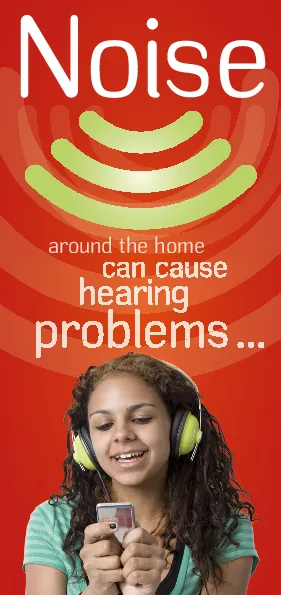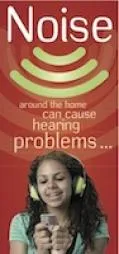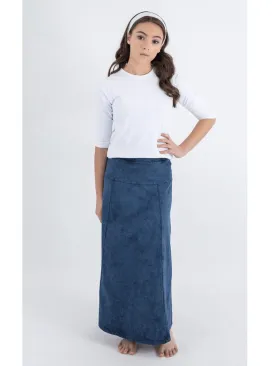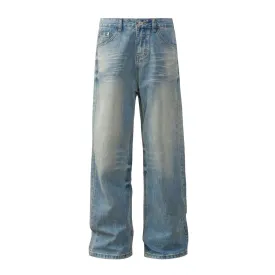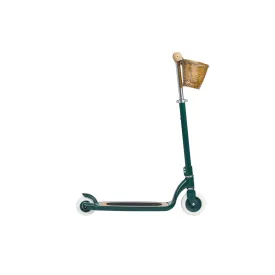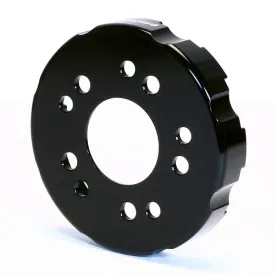Noise around the home can cause hearing problems …
Many of the tools and machines used at home or when you’re out having fun can damage your hearing – even if they’re not used for long and not used very often.
How does noise cause hearing damage?
Spending long periods of time in noisy places can damage or destroy your hearing. But short, sharp loud noises can also cause hearing problems and the damage can happen more quickly.
Loud noises damage delicate cells inside the ear that allow you to hear. When you spend a short time near a loud noise, the damage to your ears may not last. Your hearing can return after a few hours away from the noise. But if you keep spending time near a loud noise, the cells in your ear cannot recover and the damage lasts for life.
Signs of hearing damage
As cells in the ear are destroyed, you begin to lose your hearing. Hearing loss causes isolation both at home and in social situations, and decreases efficiency at work. The ability to hear clearly higher-pitched sounds such as the voices of women and children, and the consonants T, K, S, Sh, and P, is reduced in people with a hearing loss. You may find that other noises sound louder and can hurt your ears.
As you lose more of your hearing, it becomes hard to hear what people are saying, particularly if there is other noise in the background.
You might also have a ringing sound in your ears.
Hearing is fundamental to language, communication, and socialisation. The ability to hear is a key quality-of-life issue at all ages.
Sound is measured in three ways:
- What pitch (how high or low) is the sound? Pitch is perceived frequency, which is measured in Hertz (Hz).
- What level is the sound? The sound pressure level is measured in decibels (abbreviated to dB or commonly dBA).
- How long does the noise last? Is the exposure over the daily limit?
Some people are more sensitive to noise than others and find many noises annoying, stressful and tiring. Noise can also stop you sleeping and make it difficult to concentrate, to listen or to talk.
But loud noises will damage anyone’s hearing. How much damage is done depends on the sound level and duration of exposure. To avoid noise-induced hearing loss, employers must reduce workplace noise and employees must use personal hearing protectors (earplugs and earmuffs) where their daily noise dose exceeds an average of 85 dBA over an 8 hour period.
Examples of approximate noise levels
| Decibels | How long before there is hearing damage over a day | |
|---|---|---|
| Gunshot | 120 | Instantaneous if close |
| Angle grinder | 110 | 2 minutes |
| Noisy rave | 110 | 2 minutes |
| Chainsaw | 100 | 15 minutes |
| Skilsaw | 95 | 60 minutes |
| Lawnmowing | 90 | |
| Average factory | 80–90 | |
| Busy road at 10m | 80 | |
| Talking at 1m | 66 | |
| Average home | 50 | |
| Quiet office | 40 | |
| Library | 30 | |
Decibels are a ratio and cannot be added arithmetically. The threshold of hearing for a young person with undamaged hearing in laboratory conditions is 0 dB.
The term "A" as used in the abbreviation "dBA" refers to the electronic equivalent of how humans hear different sound frequencies.
When you are at home or out having fun, you may also be around noise that is annoying or can damage your hearing.
Always remember that personal music devices, radios, home or car stereos, TVs and computer games all give out high levels of noise when the volume is not turned down.
As a general rule:
If the noise is so loud that you have to shout to be heard by someone standing 1 metre away – the noise is too loud and may damage your hearing. So you need to protect your hearing by turning down the sound or wearing hearing protection.
You may also choose to protect your ears from noises that are annoying and tiring even if they don’t last for long and are not likely to damage your hearing.
noise time = hearing damage
How can you protect your hearing?
You can protect your hearing by keeping the noise level down, by using noisy equipment for only short amounts of time and by wearing earplugs or earmuffs.
Personal hearing protection, such as earmuffs or earplugs, should be labelled with a class number between 1 and 5. Class 2 earmuffs will be ideal for mowing the lawn with a typical mower. Class 5 earmuffs are designed for exposures of dBA 105–110 over periods of up to 8 hours.
Tips to protect your hearing:
- Ask if hearing protection is needed when you hire equipment, tools or machinery. Hire companies often provide earmuffs or earplugs you can use.
- Read the material provided when you buy equipment, tools and home appliances. It will tell you if hearing protection is needed.
- Shop around and find out what is comfortable for you to wear.
- Make sure you have the right class of earmuffs or earplugs for the equipment, tools or machinery you want to use.
- Limit the amount of time you spend using the equipment, tools or machinery.
- If you find that you are sensitive to noise, see your GP.
Protect your family's hearing at home
- Some toys can produce high sound levels potentially harmful to children’s hearing. Check toys before purchase and avoid noisy toys.
- Many teens and adults set their personal listening device's headphones/ear buds at volumes that can cause hearing damage. Typically, a person can tolerate about two hours of 91 dBA per day before risking hearing loss. Volume-limited headphones/ear buds are now available and make great gifts for your family and friends.
What to do when hearing is a problem ...
Arrange to have a hearing test if you seem to have difficulty hearing or you have the early signs of hearing damage. A number of health professionals can help:
- Your GP can refer you to an audiologist for a free hearing test. If you want to go privately, you can find an audiologist in the yellow pages of the phone book (make sure the person is a member of the ).
- Hearing screening is offered to all New Zealand babies. The universal newborn hearing screening programme is described at . The Well Child checks include checks on hearing, particularly the eighth and final Well Child check for four-year-olds. The Well Child programme is described at
Making a complaint about noise
There may be noise in your neighbourhood that you think is annoying, for example, a noisy party, a building site or a neighbour who uses noisy machinery at night. Call the Noise Control Officer at your . Local Authorities have statutory powers to control noise under the Resource Management Act.
For further information contact your local .
Other information about hearing loss:
Noise and workplace hazard
HE1122




